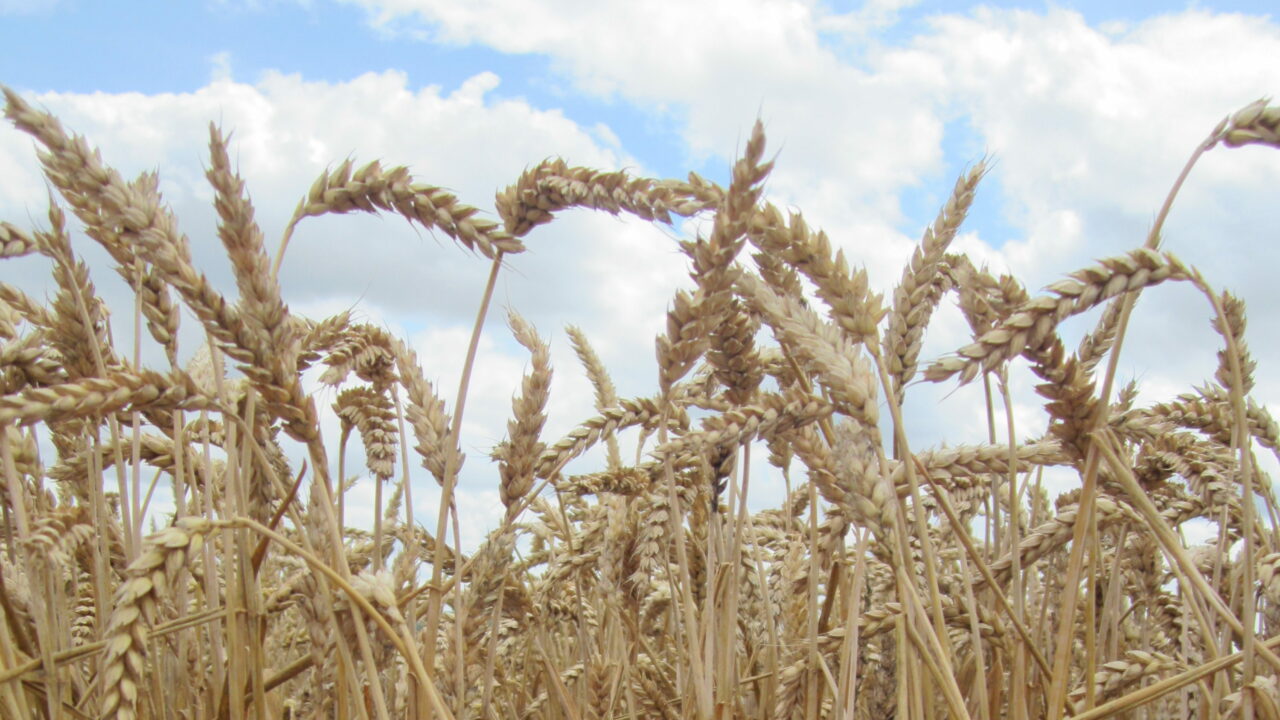The Irish Farmers’ Association’s (IFA’s) Grain Committee chairperson, Mark Browne, has reacted to recent comments from Fianna Fáil’s spokesperson on agriculture Charlie McConalogue related to the convergence process throughout the Common Agricultural Policy (CAP) transition period.
Last week, McConalogue said there was “no reasonable basis” for convergence to be paused during the “likely two-year transition period” before the next CAP commences.
His party has stated that it is “fully committed” to continuing the convergence process if Fianna Fáil ends up in Government after the upcoming general election.
This was in response to the decision by Minister for Agriculture, Food and the Marine Michael Creed to halt convergence of direct payments during the transition period for the CAP.
IFA grain chair not happy
In a statement to AgriLand, Browne stated that deputy McConalogue is “out of touch”.
“He [Charlie McConalogue] is unaware of how dependent farmers in the vulnerable sectors are on their CAP payments to survive and continue to produce food.
To suggest imposing further convergence cuts on these sectors is the final nail in the coffin and shows his lack of understanding of the food industry.
Browne spoke about his own sector.
“In the grain sector alone, farmers have taken serious cuts on their CAP payments which has led to a 20% slide in grain production.
“If the grain industry was to take further cuts this would lead to tillage farmers exiting the business which will result in supply shortages of Irish grain for a growing drinks industry.
It would also result in a bigger dependence on imported grain for the animal feed sector which will mean genetically-modified grain being imported into Ireland instead of fully traceable Irish grain.
“Minister Creed had shown a commitment to the vulnerable sectors and had given stability to the industry by halting convergence which had put food producers under pressure for the last few years.”
He concluded by saying: “Charlie McConalogue has forgotten why CAP payments were paid to farmers – to give food security and to compensate farmers for low, third-world prices.
“CAP payments give Ireland the opportunity to export high-quality food. So lower CAP payments will lead to lower Irish production and a smaller food industry which will lower our exports of food. Would this be good for Ireland?” concluded Browne.
